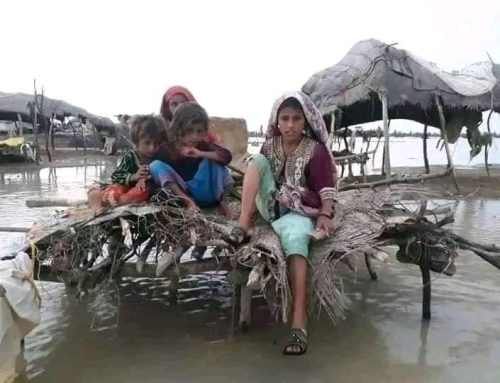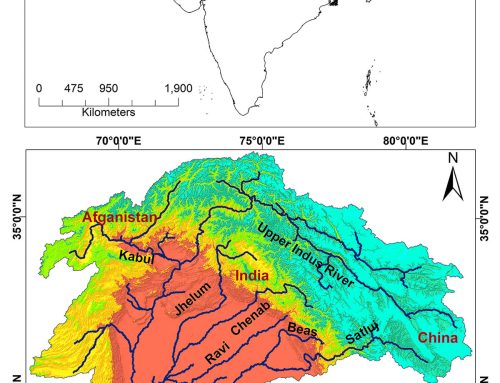The third iteration of the Karachi International Water Conference brought home the dangers the country is already facing and the catastrophe that may soon hit should it not become smarter about water usage and conservation. It is hardly a secret that Pakistan is a water-insecure nation – we receive little rainfall, do not have the systems in place to store sufficient water and are reliant on India following the letter and spirit of the Indus Waters Treaty to continue receiving sufficient water from the tributaries of River Indus. Pakistan faces both immediate and long-term water challenges. Right now, our primarily problem is that of distribution. Water is inefficiently diverted for agricultural use, where allocation is done on the basis of the size of landholdings rather than need. This leads to tiered access to water, with rich landowners getting the lion’s share of water while the landless poor face chronic shortages. Even within the same communities, women are often dependent on men for access to safe drinking water. When it comes to conservation and storage, silting of our aging dams means we can now store less water than before. Ultimately, an estimated $20 billion of water is poured into the sea annually because Pakistan does not have the capacity to store it.
In the long-run, our biggest challenge is global climate change. As rivers dry up and chronic drought becomes the norm, the country needs policies in place to ensure the equitable distribution of water. Conservation policies will have to be put in place and the use of water prioritised. Along with water, steps to check our burgeoning population will also be needed. In the political realm, the Indus Waters Treaty may need to be renegotiated and updated to better reflect the reality of climate change. The problem right now is that there seems to be no vision from the state. We do not have a long-term water policy in place and there is no sign that the government is looking to employ the latest scientific methods to maximise use of Pakistan’s water supply. A shortage of water causes not only mass drought and starvation but will inevitably lead to insurrection and regional unrest. This dystopian future is not as far away as we think, especially if we continue on our current trajectory.




